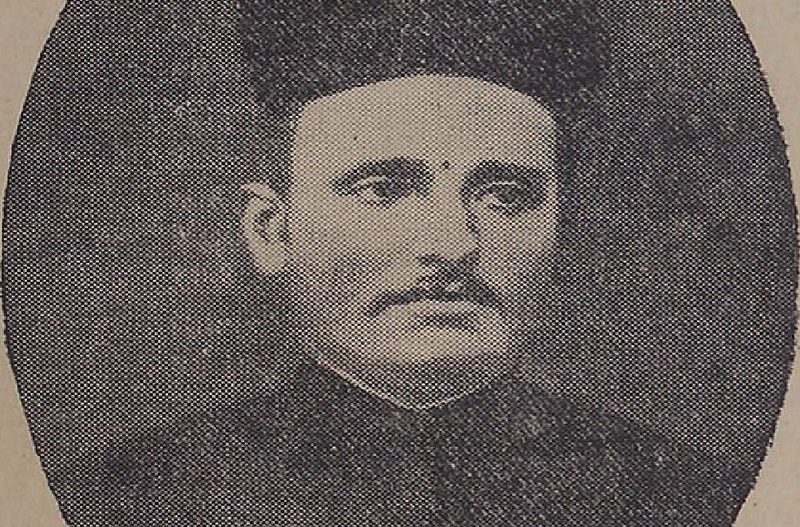When Mahatma Gandhi was yet to be born, another Vanik took on the establishment, religious this time, with extraordinary courage and indomitable resolve. He was Karsandas Mulji, a Kapol Vaishnav himself, all of 30 in 1962, exposing the ills of society. The Netflix film “Maharaj,” where Amir Khan’s son Junaid plays the protagonist, is based on the famous case where the religious leaders slapped a libel case against the fearless journalist and lost.
Born in 1932, Karsandas Mulji lived only 43 years, but he left an indelible mark on the social fabric of the Gujaratis. His family had turned its back on Karsandas due to his rebellious views regarding widow remarriage, which was an immense taboo at the time. His visit to England also brought extradition from his caste, as religious diktats considered crossing the ocean a sin.
Karsandas started his own newspaper, “Satyaprakash” (Light of Truth), in 1855 at the age of 23. Disregarding the social backlash, the man started criticising the outdated and exploitative religious practices not in sync with real Hinduism. More specifically, he exposed the shameful practices of some of the priests, which included the sexual exploitation of women devotees in the name of religion.
The high point in the life of the daring reformer was the Maharaj Libel case, in which religious leaders belonging to Pushtimargiya Vaishnava Sampraday (a Vaishnavite religious sub-group) brought him to Bombay Court. The plaintiff, Jadunathji Maharaj, filed a case stating that the article in Satyaprakash, titled Hinduo No Asli Dharam Ane Atyar Na Pakhandi Mato (lit. ’The True Hindu Religion and the Present Hypocriticy ‘) is defamatory. The article accused the priests of inciting the devotees to show their devotion by offering their women.
Chief Justice Mathew Sausse and Joseph Arnould heard the trial of the case. The case stirred much interest among the general public and was attended by thousands in court. Philosophers and orientalists like John Wilson, Max Weber, and Bhau Daji participated in examining and comparing the Hindu texts. Several witnesses were examined too.
Karsandas Mulji, doing his duty as a journalist, won the case. The judge, Arnould, said: “A public journalist is a public teacher: the true function of the press is to teach, elevate, and enlighten those who fall within the range of its influence.” He added famously, ” What is morally wrong cannot be theologically right.”
A true luminary, Karsandas co-founded Streebodh, a women’s magazine, a weekly called “Mumbainu Bajar” (the Bombay Market), and a monthly journal titled “Vignanvilas” on science and industry. Karsandas Mulji will always be remembered as someone who held the courage to show the mirror to society, undeterred by the consequences he had to face.










